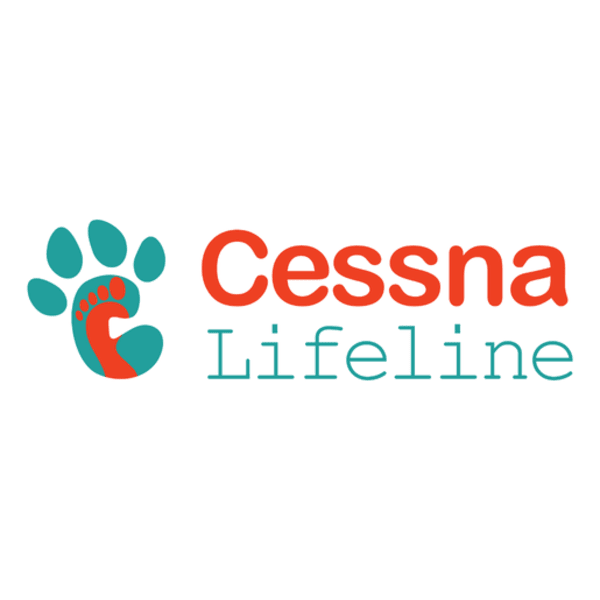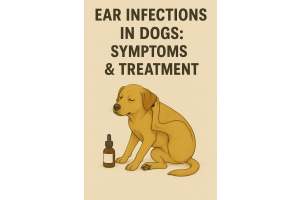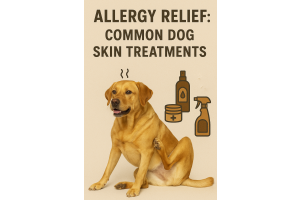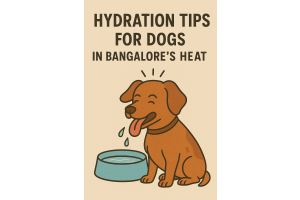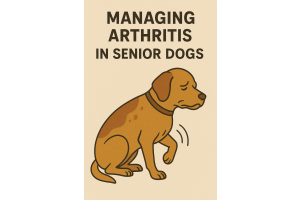Signs Your Cat Needs Dental Care
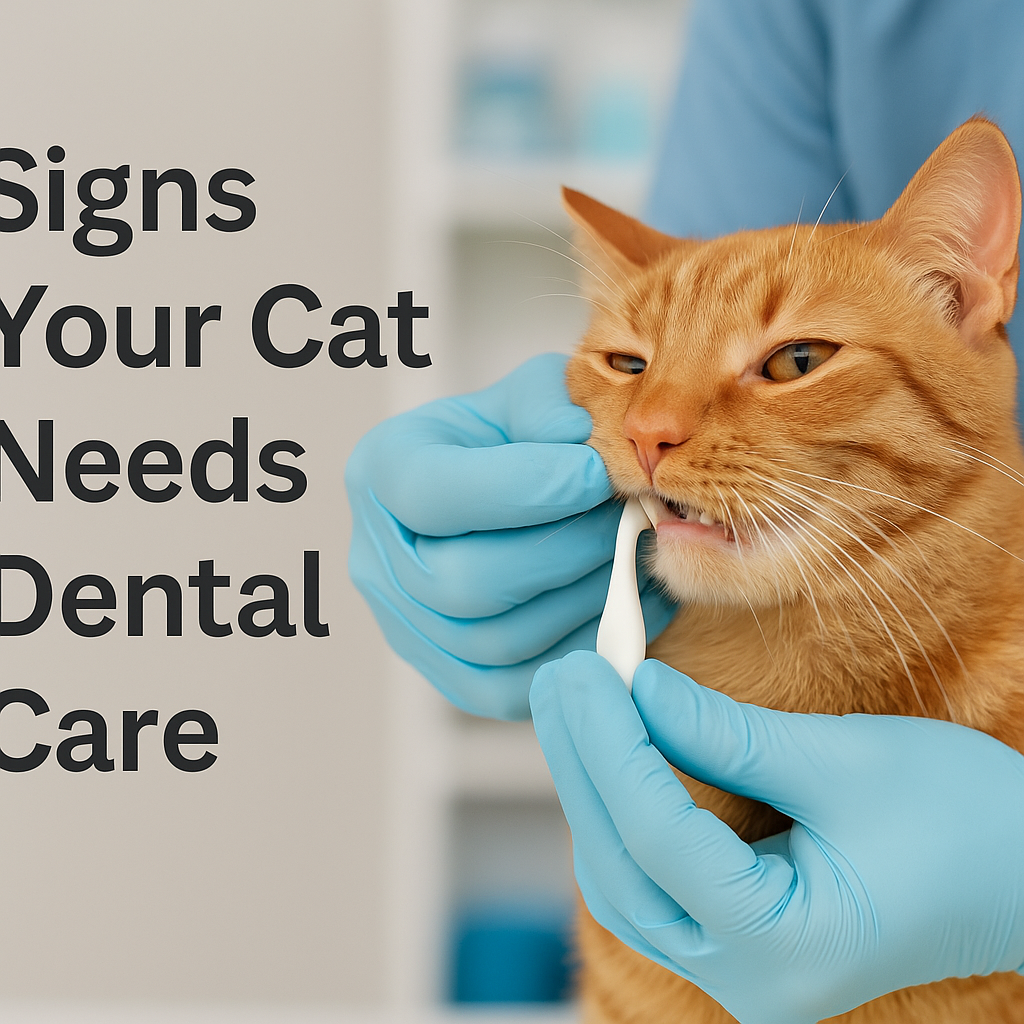
When we think about caring for our cats, we often focus on food, vaccinations, and playtime. But one area that’s often neglected is dental health. Cats are masters at hiding pain, which makes it difficult for pet parents to recognize dental problems early.
Poor oral health can lead to serious conditions affecting not just the mouth but also other organs, including the heart, liver, and kidneys. Recognizing the signs your cat needs dental care can make a huge difference in their comfort and long-term health.
Why Is Dental Care Important for Cats?
Dental disease is one of the most common health problems in cats. Studies show that more than 70% of cats over three years old suffer from some form of dental disease, such as gingivitis or periodontal disease.
Neglecting dental health can lead to:
-
Chronic pain and discomfort
-
Difficulty eating
-
Tooth loss
-
Infections that spread to vital organs
-
Behavioral changes due to pain
Common Signs Your Cat Needs Dental Care
Cats can be very secretive about pain, but there are subtle signs to watch for. If you notice any of these symptoms, it’s time to schedule a dental check-up at Cessna Lifeline Veterinary Hospital.
1. Bad Breath
While "cat breath" isn’t always pleasant, strong, foul odor is a classic sign of dental disease. Bad breath often indicates bacterial buildup and infection.
2. Difficulty Eating or Dropping Food
If your cat starts dropping food from their mouth, chews only on one side, or avoids certain foods, it could signal oral pain or loose teeth.
3. Drooling
Excessive drooling, especially if tinged with blood, can be a sign of gum inflammation, mouth ulcers, or severe dental disease.
4. Pawing at the Mouth
Cats sometimes paw at their face or rub their mouth on furniture or the floor when they are experiencing dental discomfort.
5. Swollen or Bleeding Gums
Red, swollen, or bleeding gums suggest gingivitis or periodontal disease. You might notice blood on toys or in the water bowl.
6. Visible Tartar and Discoloration
Yellow or brown buildup on teeth (tartar) and tooth discoloration are clear signs of dental neglect.
7. Weight Loss
When eating becomes painful, some cats may eat less, leading to noticeable weight loss.
8. Behavioral Changes
Dental pain can make cats irritable or withdrawn. If your usually affectionate cat suddenly avoids petting or hides more than usual, oral pain could be the cause.
What Happens During a Cat Dental Check-Up?
At Cessna Lifeline Veterinary Hospital, a dental examination is part of every wellness visit. During a dental check-up, your veterinarian will:
-
Examine teeth and gums for plaque, tartar, fractures, and lesions
-
Check for signs of infection or inflammation
-
Assess oral pain levels
If dental disease is suspected, your vet may recommend a professional dental cleaning under anesthesia, which includes:
-
Scaling: Removing tartar above and below the gum line
-
Polishing: Smoothing tooth surfaces to slow future plaque buildup
-
Dental X-rays: Checking the health of teeth below the gum line
-
Extractions: Removing severely damaged or infected teeth when necessary
How Often Should Cats Have Dental Cleanings?
Cats generally benefit from professional dental cleanings once a year, but this can vary depending on:
-
Age
-
Diet and lifestyle
-
Genetics and breed predispositions
-
Existing dental issues
Your vet at Cessna Lifeline Veterinary Hospital will create a personalized plan for your cat.
Can Dental Problems Be Prevented?
While some dental issues are genetic, many can be prevented with proactive care:
-
Brushing at home: Ideally daily, using cat-specific toothbrushes and toothpaste.
-
Dental treats and diets: Special dental diets or treats can help reduce plaque buildup.
-
Regular vet checks: Early detection prevents severe disease and tooth loss.
Why Choose Cessna Lifeline Veterinary Hospital for Cat Dental Care?
Cessna Lifeline Veterinary Hospital is a trusted choice for cat dental care in Bangalore, offering:
-
Experienced feline dental team: Skilled veterinarians who understand the unique needs of cats.
-
State-of-the-art facilities: Advanced dental equipment for thorough and safe cleanings.
-
Gentle handling and low-stress protocols: Reducing anxiety for cats during exams and procedures.
-
Customized dental plans: Tailored based on your cat’s health, age, and risk factors.
How to Help Your Cat at Home
Supporting your cat’s dental health doesn’t end at the clinic. Here’s what you can do at home:
-
Get your cat used to mouth handling: Start slowly, gently lifting their lips, and rewarding them with treats.
-
Brush regularly: Use a cat-friendly toothbrush and toothpaste. Even brushing a few times per week can help.
-
Provide dental-friendly toys and treats: Ask your vet to recommend safe products.
-
Watch for subtle signs: Changes in eating habits, grooming, or behavior can indicate pain.
The Link Between Dental and Overall Health
Dental disease doesn’t stay confined to the mouth. Bacteria from infected gums can enter the bloodstream and affect vital organs, leading to heart, kidney, and liver diseases.
By prioritizing dental care, you’re not only keeping your cat’s teeth healthy but also protecting their overall health and extending their life.
When to Seek Immediate Dental Attention
While routine care is essential, some dental emergencies require immediate attention:
-
Excessive bleeding from the mouth
-
Sudden refusal to eat or drink
-
Severe drooling with blood
-
Swelling around the face or jaw
-
Broken or dislocated teeth
If you notice any of these signs, contact Cessna Lifeline Veterinary Hospital immediately.
Final Thoughts
Dental care is often underestimated, but it is a vital part of your cat’s health. Recognizing the signs your cat needs dental care and taking early action can prevent pain, save teeth, and improve your cat’s overall quality of life.
By partnering with a dedicated team like Cessna Lifeline Veterinary Hospital, you’ll receive expert guidance and compassionate care to keep your cat’s smile healthy for years to come.
Your cat may not thank you with words, but you’ll see their gratitude in every purr, head bump, and playful leap.
